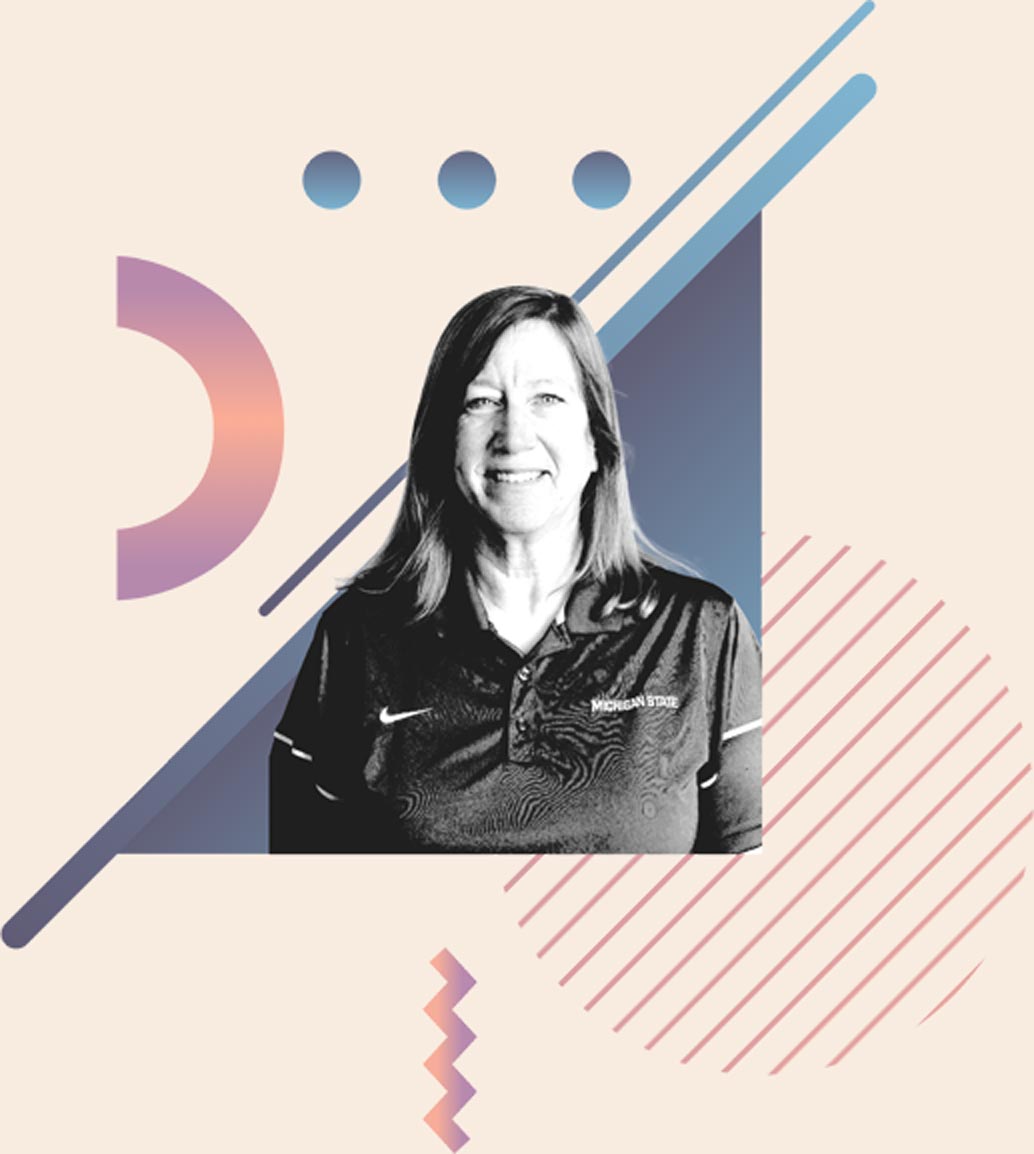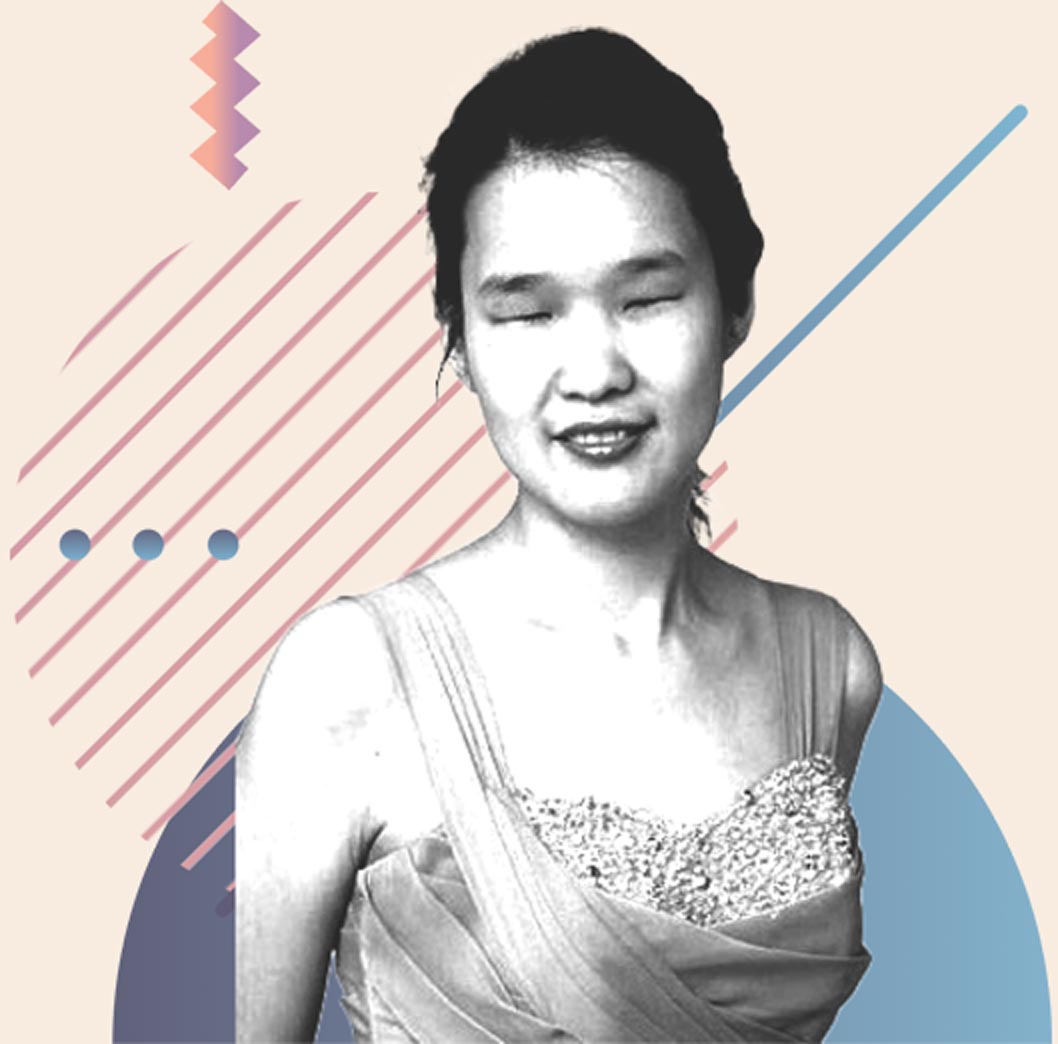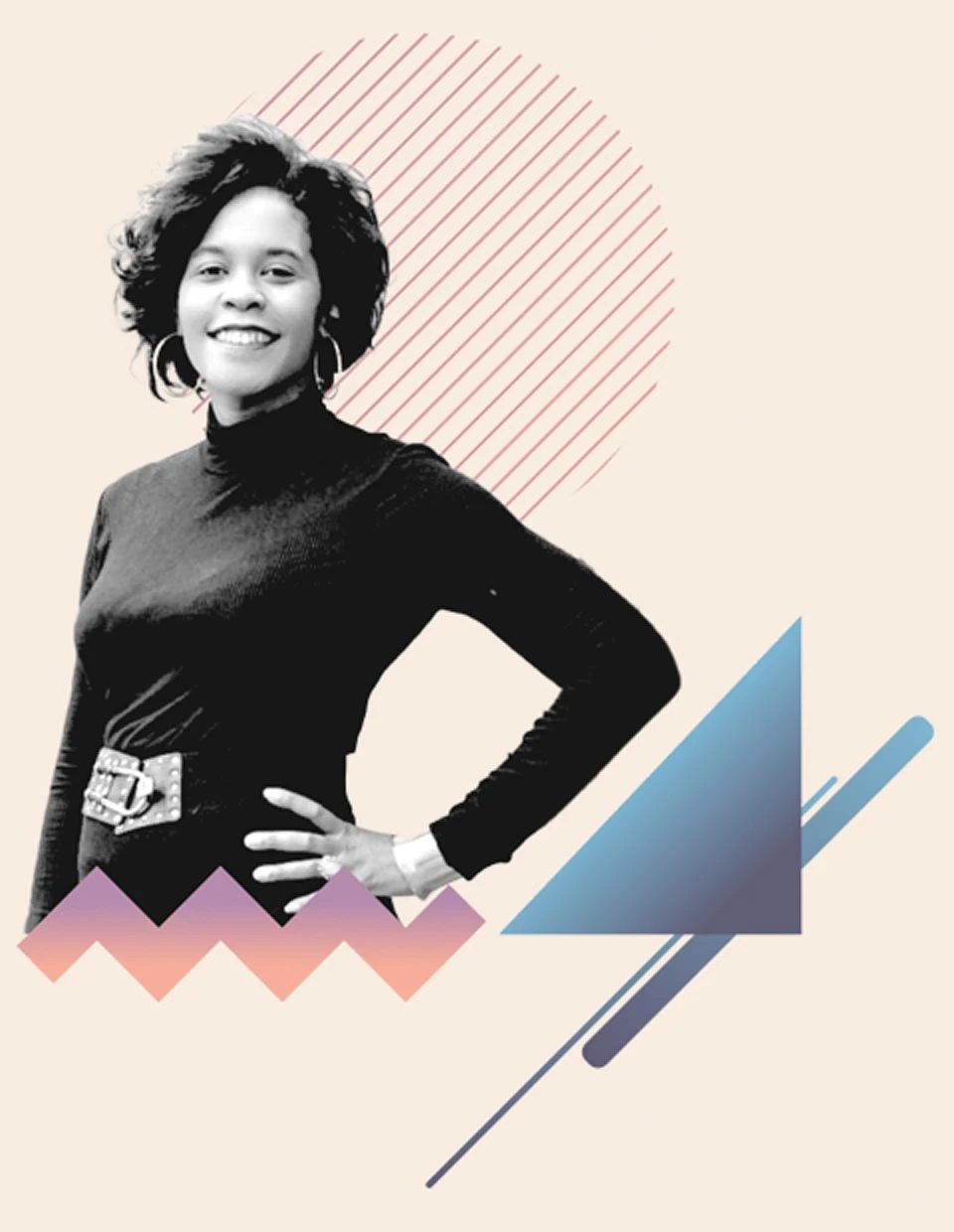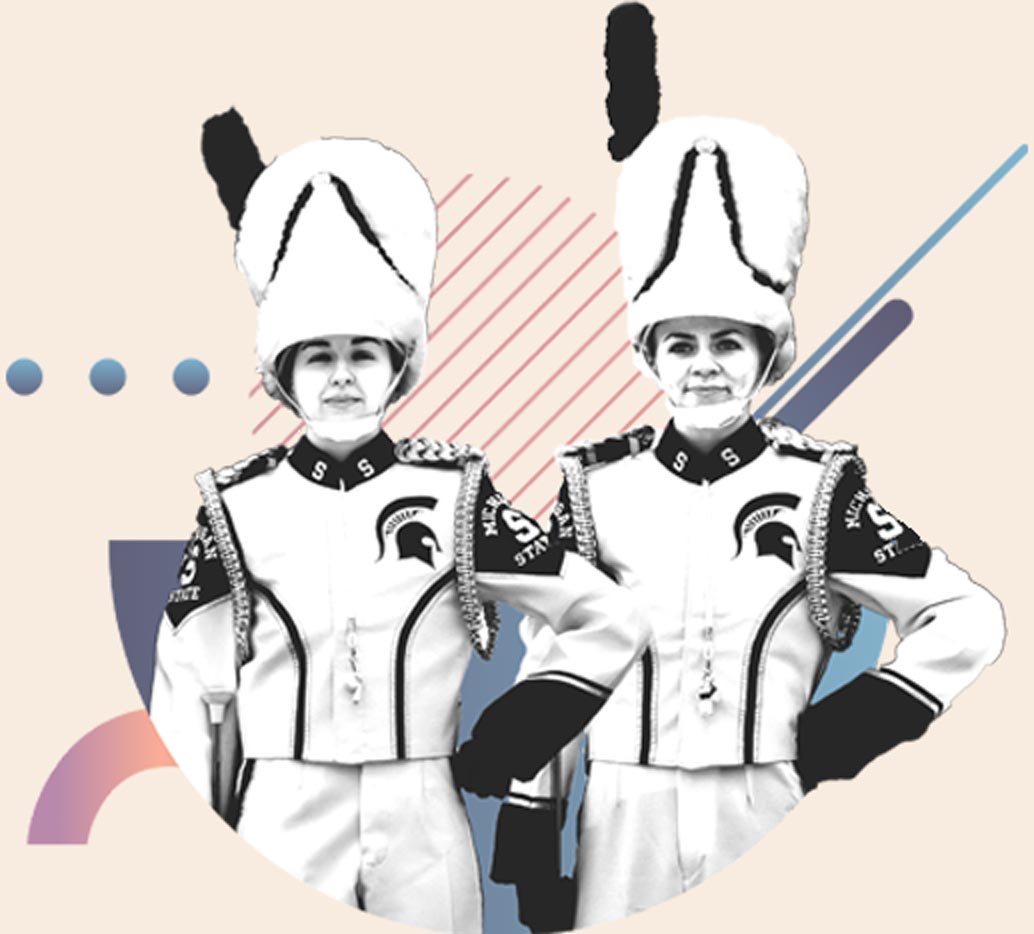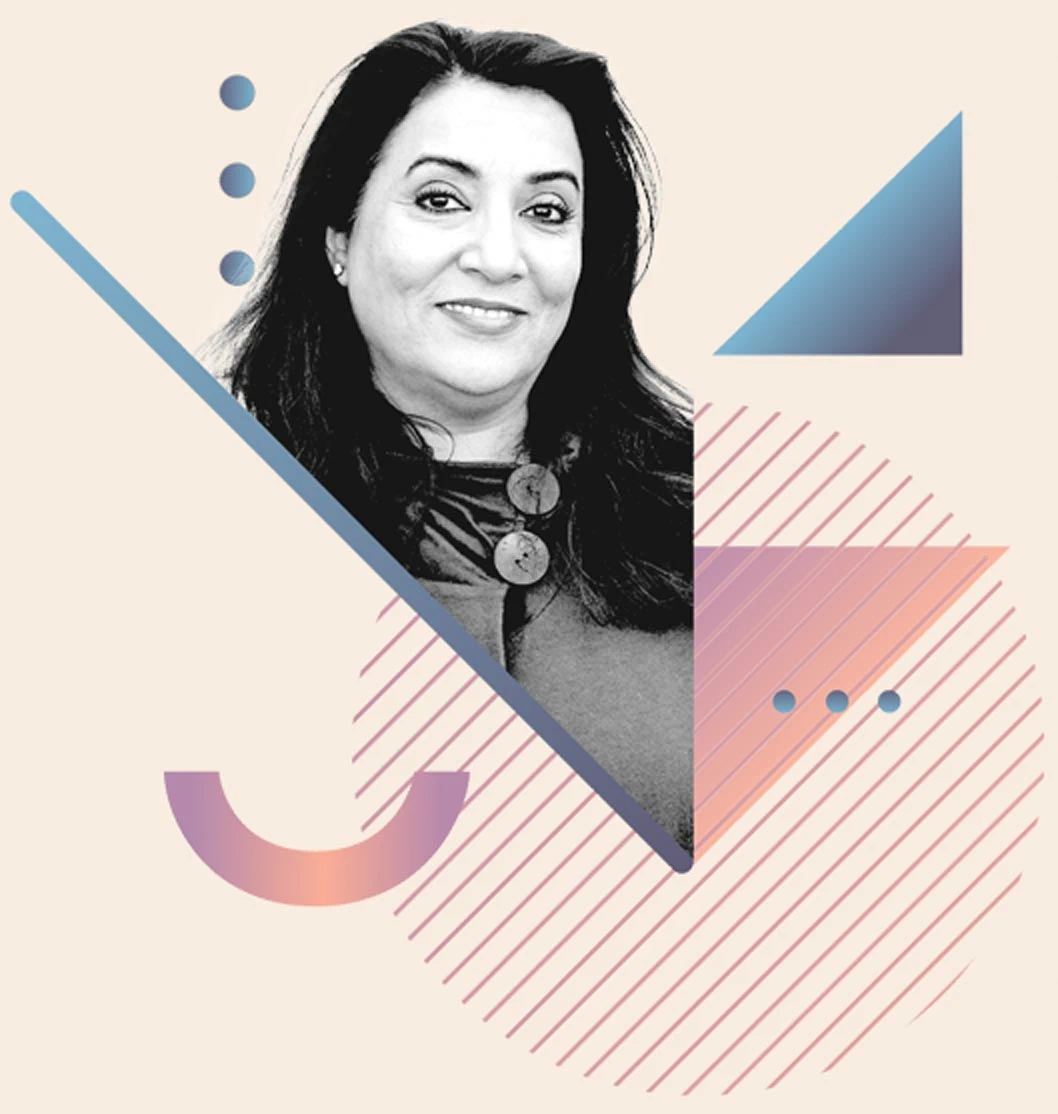
Tamara Reid Bush
Interim Chair in the Department of Mechanical Engineering, College of Engineering
As a child, Tamara Reid Bush enjoyed taking things apart and seeing how they worked. Today, Reid Bush creates tools and devices that can improve daily life for individuals with disabilities or those who have undergone surgical procedures. She currently serves as the first woman to chair the Department of Mechanical Engineering at MSU.“My father was a veterinarian, and I found his work with orthopedics — such as bone repair — fascinating. It was remarkable to me that you could repair a bone with a metal plate and the animals could function as if nothing ever happened. So, his medical experiences coupled with my interests in math and physics are what led me to mechanical engineering and applying mechanics to the human body.
My motivation for making sure girls see themselves as potential engineers is really critical. Once they see other women engineers, then they begin to think this might be an option for them as well. It is important for women to see other women in roles that they may wish to pursue, whether it is an engineer, a faculty member or a chairperson. My male students recognize the challenges women in STEM face, and they are advocates as well as many male faculty in my department.”

